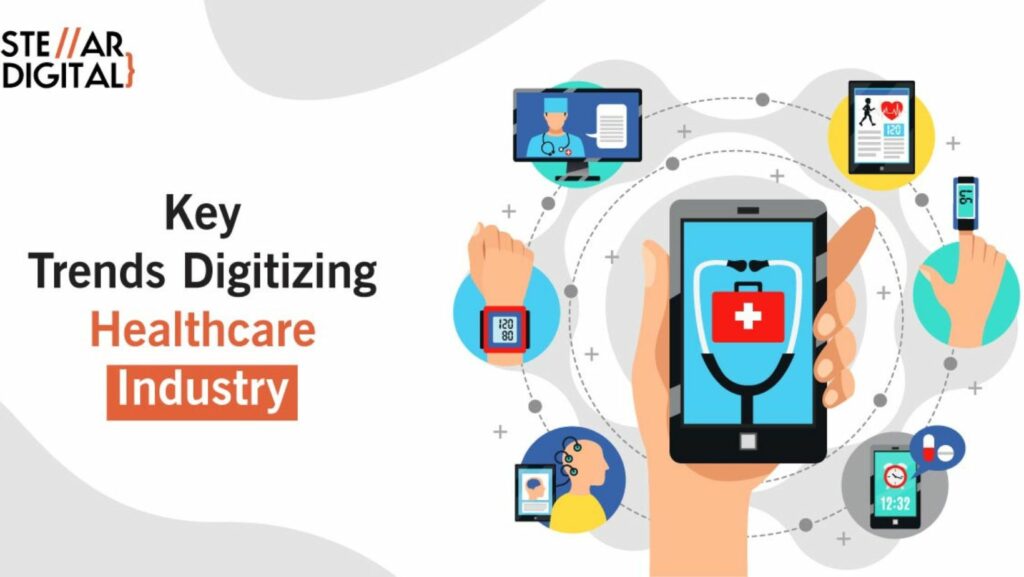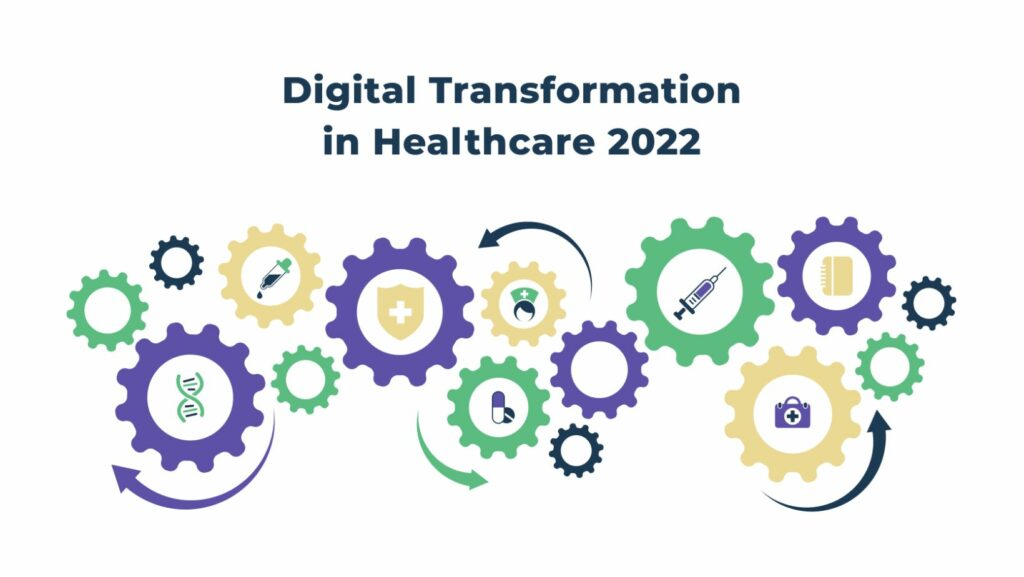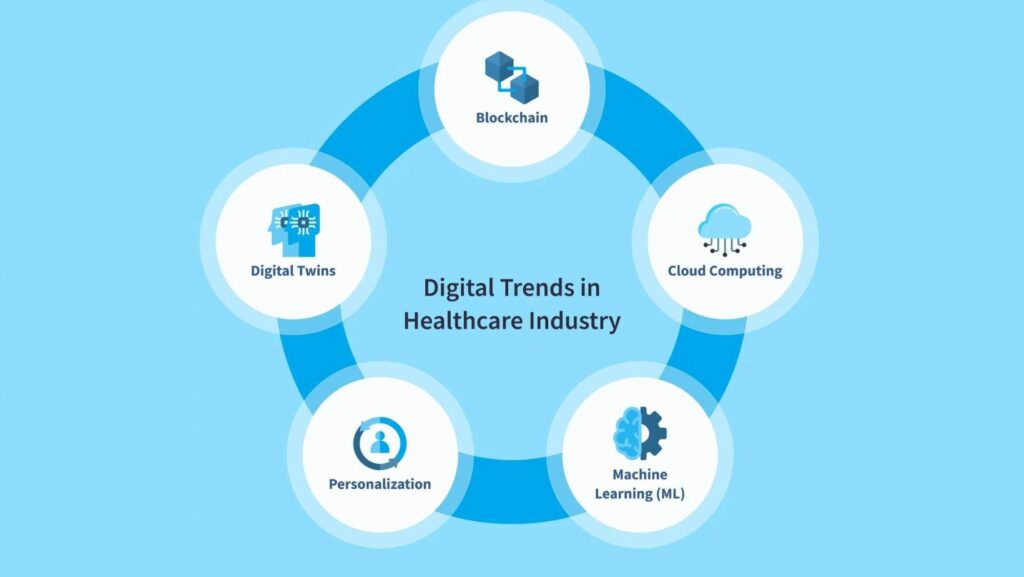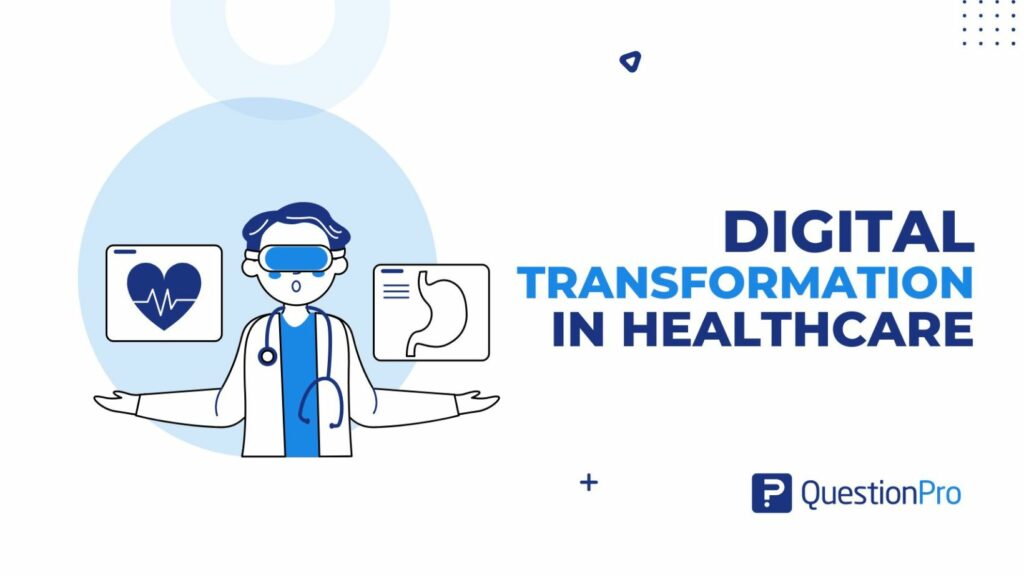Healthcare Digital Transformation Trends
As I delve into the realm of healthcare digital transformation trends, it’s crucial to understand the dynamic landscape shaping the industry. In recent years, advancements in technology have revolutionized how healthcare is delivered and managed. From telemedicine to AI-driven diagnostics, these innovations are reshaping traditional healthcare practices.

One significant trend dominating the healthcare digital transformation trends sector is the shift towards patient-centric care. Healthcare providers are increasingly focusing on enhancing patient experience through personalized services and streamlined communication channels. This shift not only improves patient outcomes but also boosts overall satisfaction and engagement.
Moreover, with the rise of big data analytics and IoT devices, healthcare organizations are leveraging vast amounts of data to drive insights and improve decision-making processes. This data-driven approach enables precision medicine, predictive modeling, and operational efficiency like never before. By staying abreast of these transformative trends, healthcare entities can adapt proactively to meet evolving patient needs in this digital age.
Overview of Healthcare Digital Transformation Trends
As we delve into the realm of healthcare digital transformation trends, it’s crucial to grasp the dynamic landscape that is rapidly evolving. Technology continues to revolutionize the way healthcare is delivered and managed, bringing forth a wave of innovations that shape the future of patient care and operational efficiency.

One prominent trend in healthcare digital transformation revolves around telehealth. The rise of telemedicine services has been accelerated by the COVID-19 pandemic, prompting a shift towards virtual consultations and remote monitoring. This transformation not only enhances access to healthcare for patients in remote areas but also streamlines appointments, reduces wait times, and minimizes unnecessary hospital visits.
Another key aspect gaining momentum is data analytics. With vast amounts of health data being generated daily, harnessing this information through advanced analytics offers valuable insights for personalized treatment plans, predictive modeling for diseases, and overall population health management. By leveraging artificial intelligence and machine learning algorithms, healthcare providers can make informed decisions leading to improved outcomes.
The integration of Internet of Things (IoT) devices within healthcare systems presents a significant trend driving digital transformation. Connected devices such as wearables, smart sensors, and monitoring tools enable real-time data collection, enhancing preventive care measures and empowering patients to actively participate in managing their health. This interconnected ecosystem fosters seamless communication between caregivers and patients while promoting proactive interventions.
Moreover, blockchain technology is emerging as a disruptive force in healthcare digitization by ensuring secure data exchange and maintaining patient privacy. Blockchain facilitates transparent sharing of medical records among multiple stakeholders while safeguarding sensitive information from cyber threats. This decentralized approach not only enhances interoperability but also strengthens trust within the healthcare ecosystem.
In conclusion – Oops! Let me correct that – To sum up these trends signify a monumental shift towards a more patient-centric, data-driven approach in healthcare delivery. Embracing these digital transformations paves the way for enhanced efficiency, improved outcomes, and ultimately a healthier society poised for the challenges ahead.
Advancements in Telemedicine and Remote Care
Telemedicine and remote care have revolutionized the healthcare landscape, providing patients with convenient access to medical services regardless of their location. This digital transformation trend has seen significant growth, especially in recent years, due to advancements in technology and changing patient preferences.

Benefits of Telemedicine:
- Convenience: Patients can consult with healthcare providers from the comfort of their homes, saving time and avoiding unnecessary travel.
- Accessibility: Individuals living in remote areas or with limited mobility can receive quality medical care without barriers.
- Cost-Efficiency: Telemedicine often reduces healthcare costs for both patients and providers by minimizing overhead expenses associated with traditional office visits.
Impact on Healthcare Delivery:
Telemedicine has enhanced the efficiency of healthcare delivery systems by streamlining processes and improving patient outcomes. With virtual consultations, specialists can reach a broader audience, leading to quicker diagnoses and timely interventions. The ability to monitor patients remotely through wearable devices has also enabled proactive management of chronic conditions.
Future Trends in Remote Care:
As technology continues to evolve, telemedicine is poised to incorporate artificial intelligence (AI) algorithms for diagnostic assistance and personalized treatment plans. Virtual reality (VR) tools may further enhance the patient experience by simulating real-life medical scenarios for training purposes or therapeutic interventions.

